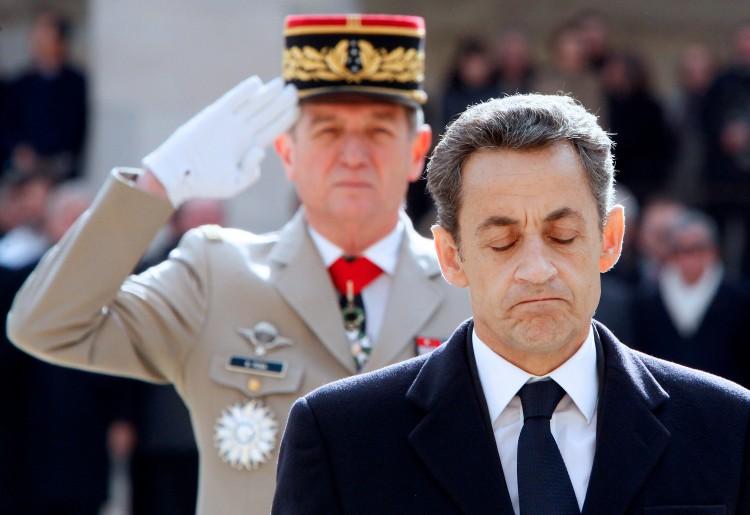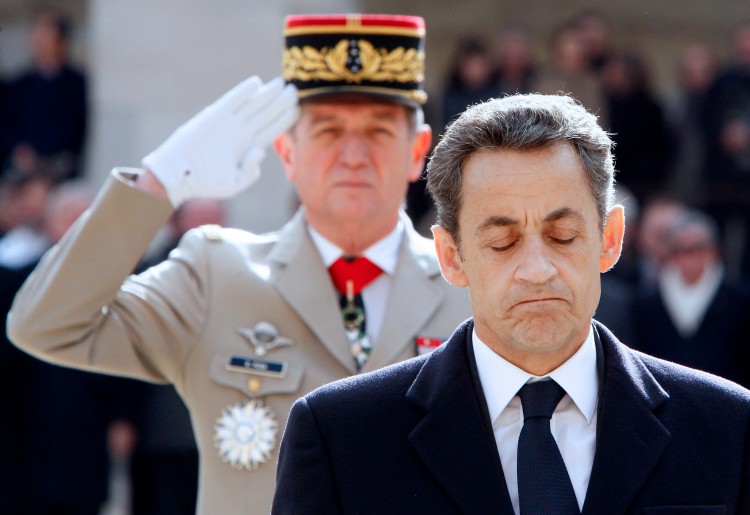With polls showing social democrat candidate Francois Hollande’s lead over conservative incumbent Nicolas Sarkozy narrowing to five percentage points ahead of Sunday’s second round of the French presidential election, many political analysts have claimed that Hollande’s lead remains unassailable. Having failed to trump his opponent in a marathon televised debate this week and with centrist and right-wing leaders in France deserting him, Sarkozy has pinned his hopes on closing Hollande’s lead and convincing voters to maintain France’s current course within Europe. Whichever candidate is elected to be the next President of France, however, their policies will play a crucial role in determining Ireland’s economic future in Europe.
‘A Hollande Victory will Finally Crush the Merkozy Agenda’ — Shane Ross
Whichever candidate is elected to be the next President of France, their policies will play a crucial role in determining Ireland’s economic future in Europe.
|Updated:






